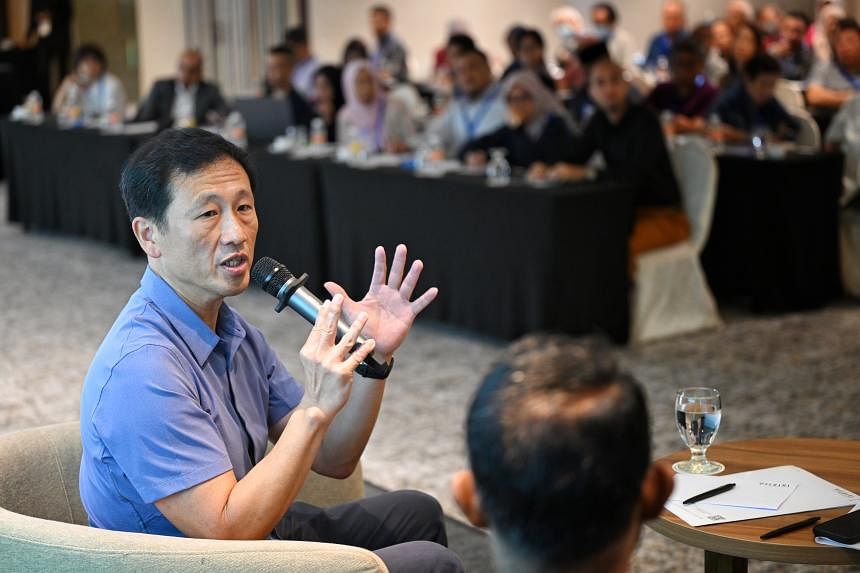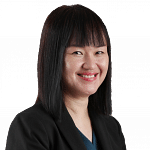SINGAPORE – Healthier SG has been a success since the preventive care initiative was launched in July 2023, with close to 890,000 participants to date, said Health Minister Ong Ye Kung as he encouraged greater involvement by the Malay community.
Nationwide, about 37 per cent of the population aged 40 years and above is enrolled in the initiative, which is aimed at getting family doctors to help individuals take charge of their health.
Within the Malay community, 30 per cent of the eligible population has enrolled, which is lower than the national average.
Mr Ong’s call for more participation by the Malay community came during a dialogue on May 18, at a conference on what ageing looks like for the Muslim community here.
The Community in Review 2024 Conference – Thriving with Age: Building a World of Active Ageing was organised by non-profit organisation AMP Singapore and its research subsidiary, the Centre for Research on Islamic and Malay Affairs. The event, held at the Furama RiverFront hotel, focused on issues such as challenges in providing culturally and religiously sensitive care for seniors while considering national-level implications.
About 140 people attended the free event, including community leaders, medical and social service practitioners, and academics who focus on seniors and health.
In his speech, Mr Dinesh Vasu Dash, chief executive of the Agency for Integrated Care, said the lower participation rate in Healthier SG among Malays is despite the community having a higher prevalence of diabetes, hypertension and hyperlipidaemia than the national average.
For example, the prevalence of diabetes in the Malay population is 12.9 per cent, higher than the national average of 8.5 per cent.
Mr Dinesh noted that there is also lower attendance by Malay/Muslim seniors at active ageing centres (AACs), where seniors can take part in a wide range of activities to enhance their physical, mental and social well-being.
He urged AMP and other Malay/Muslim organisations to play a part in increasing Malay participation in national programmes. For example, they could consider collaborating with mosques to organise dialogues. They can also suggest healthier food choices that use less sugar and salt to delay the onset of chronic diseases, and encourage more seniors to join AAC activities.
During the dialogue, Mr Ong said that besides an ageing population, Singapore also faces a challenge from the Covid-19 pandemic – which has resulted in delayed infrastructure development – though it is now catching up with the building and opening of new hospitals like Woodlands Health.
The pandemic also took a toll on the health of many seniors, regardless of whether they had Covid-19. This was probably due to the lack of medical follow-up for chronic illnesses or issues such as loneliness during the pandemic, he said.
The Ministry of Health has recruited more nurses over the past year to replenish and expand its workforce and beef up facilities like nursing homes, among other measures to better meet the growing need for nursing skills and care facilities.
Mr Ong said he hopes to continue with the ministry as the work it is doing is “quite unprecedented”. It is undertaking major changes and looking into new areas, including medical advancements.
He hopes to work with the healthcare team to transform the health system. “So healthcare is going through a revolution, and I think we need to have a good team to see this through.”


